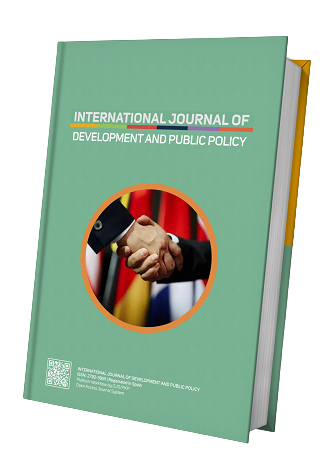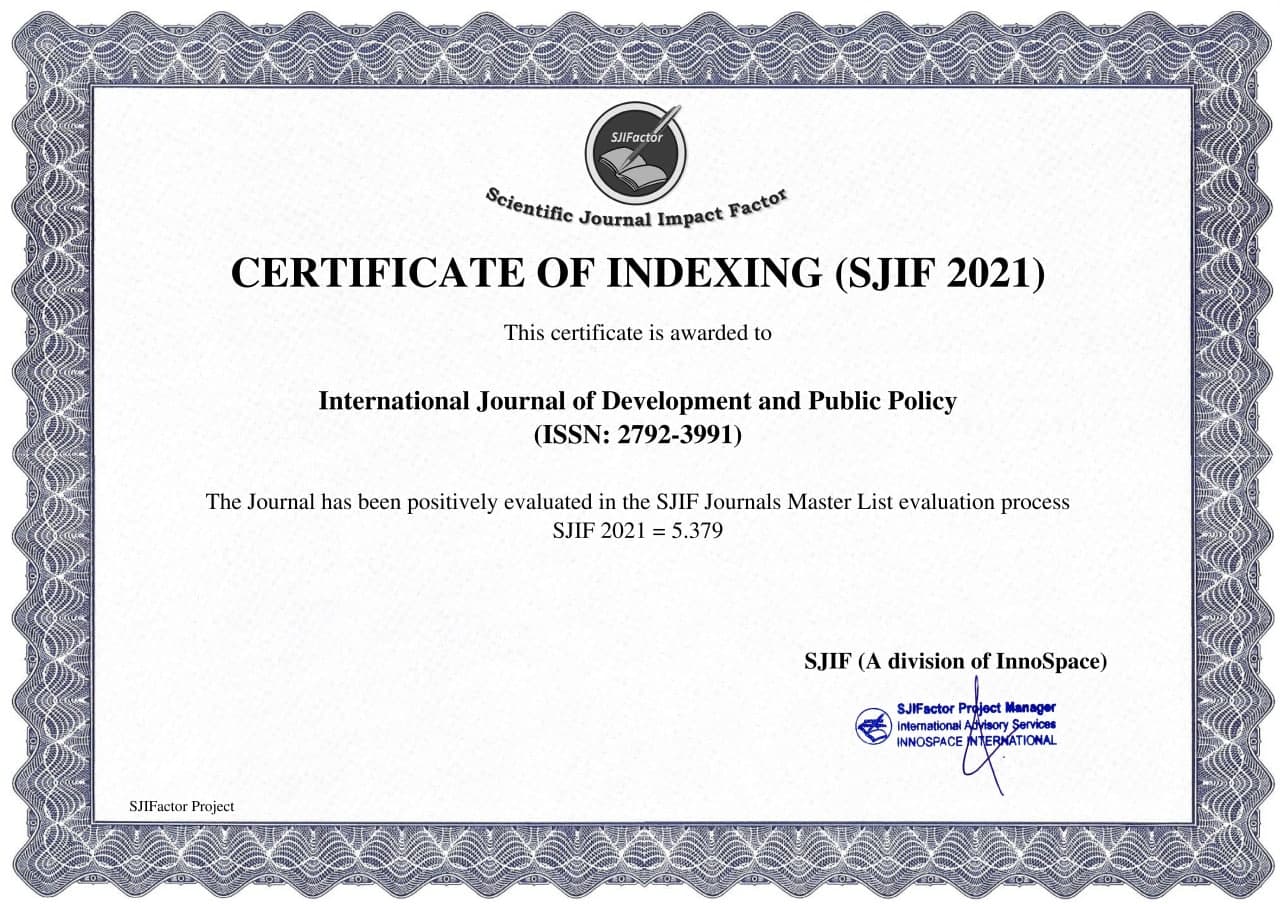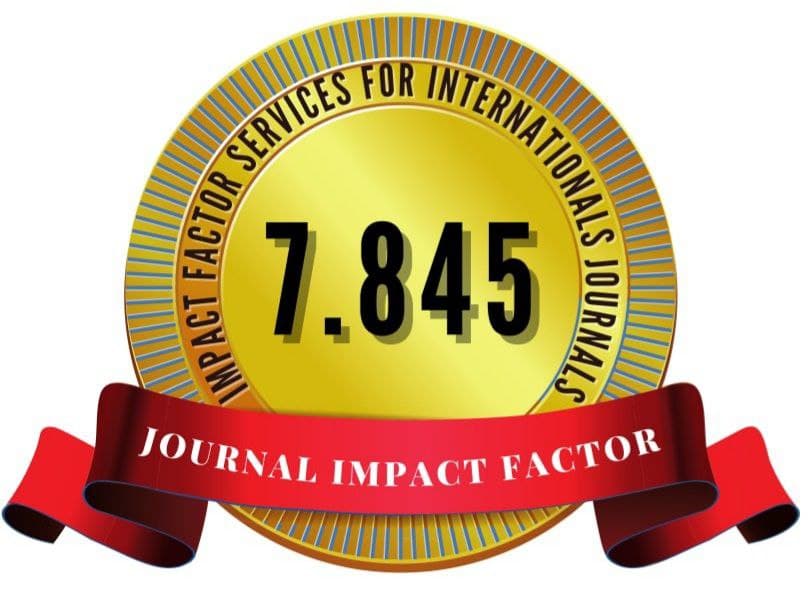Akmal Ikramov - Uzbek National Political Leader during the Totalitarian Regime
Keywords:
political leader, socialist system, socialist economy, Cultural Revolution, collectivization of agriculture, repression, kolkhozAbstract
This article analyzes the activities of Akmal Ikramov, the political leader of the Uzbek people, who led the country of Uzbekistan in 1929-1937, worked as the 1st secretary of the Central Committee of the Communist Party of Uzbekistan, and in the field of political and public administration.
Despite being a communist, Akmal Ikramov repeatedly criticized the methods and ideology of the All-Union Russian Communist Party of that time. Uzbekistan led the industrialization reforms of the Soviet Socialist Republic. During his reign, industry, agriculture and culture developed rapidly in Uzbekistan.
The high reputation of Akmal Ikramov among the people, his courage in negotiations with the dictator Joseph Stalin, the the leader of the USSR, the ability to defend his honor did not please the Moscow leaders. Stalin feared that he might try to make Uzbekistan an independent state. That is why Akmal Ikramov was repressed and shot in 1937 by order of Stalin.
The article mainly analyzes the political events and processes of the 20-30s of the twentieth century, criticizes the original image and ideology of the Bolshevik Party.






